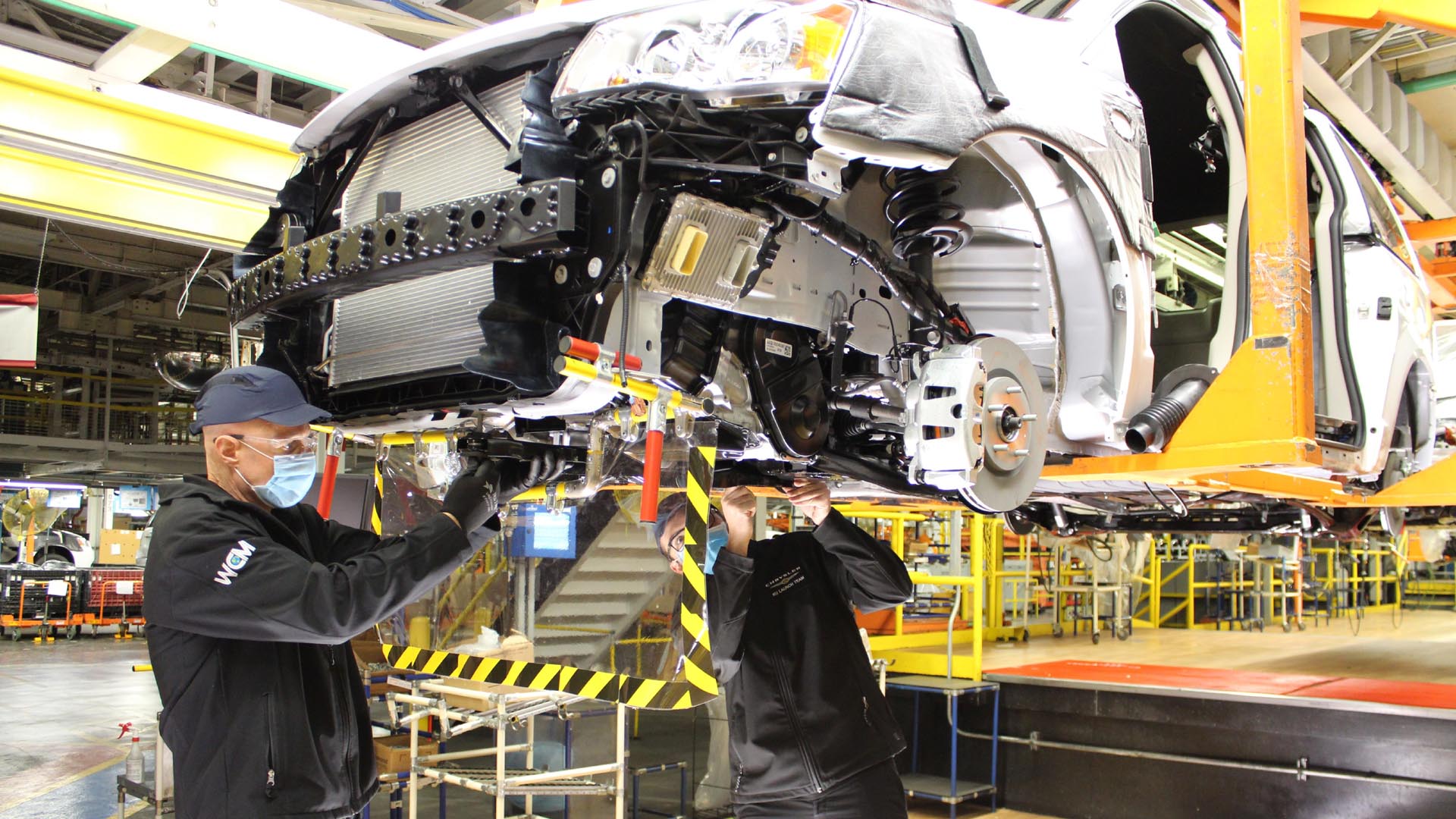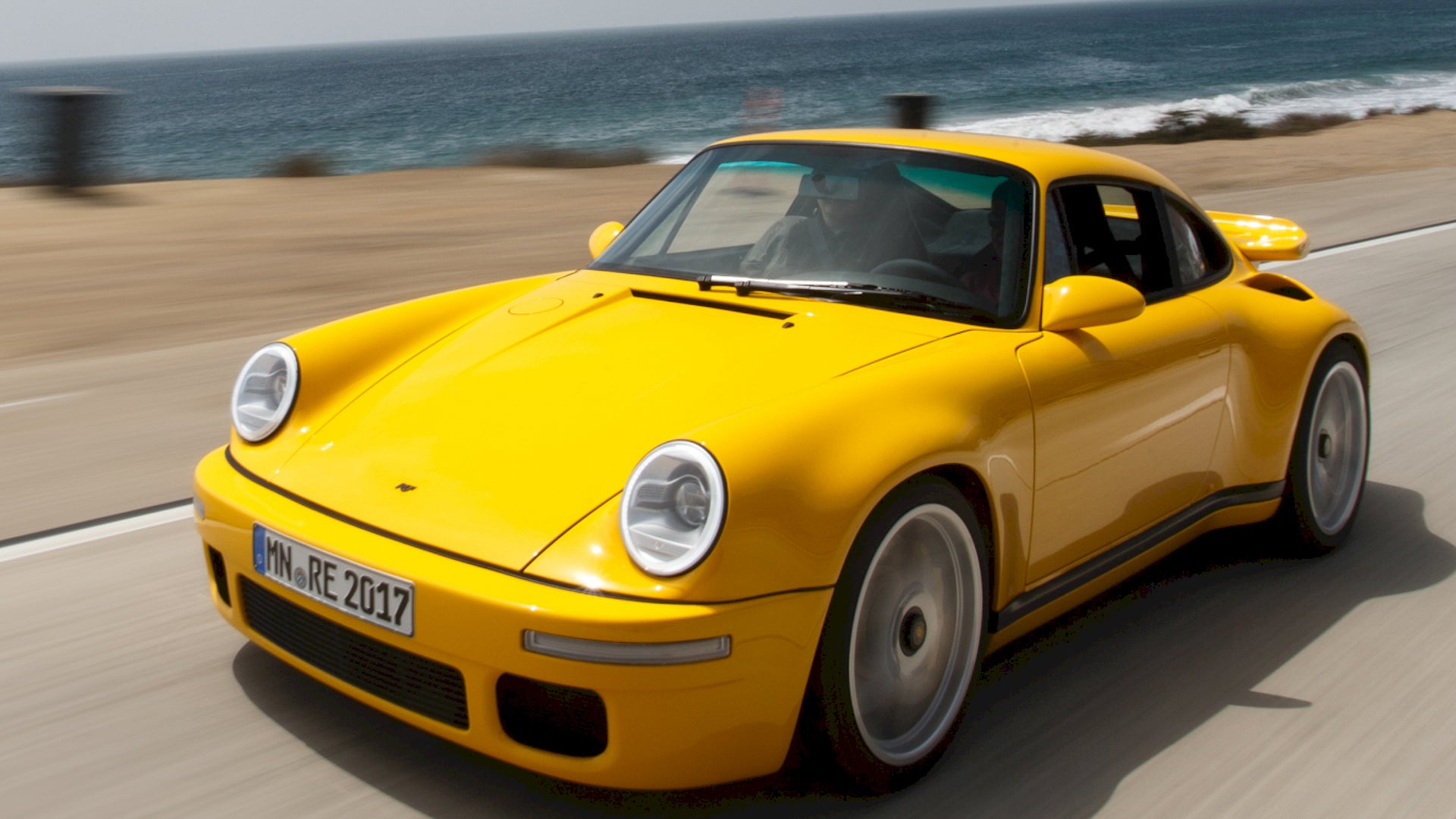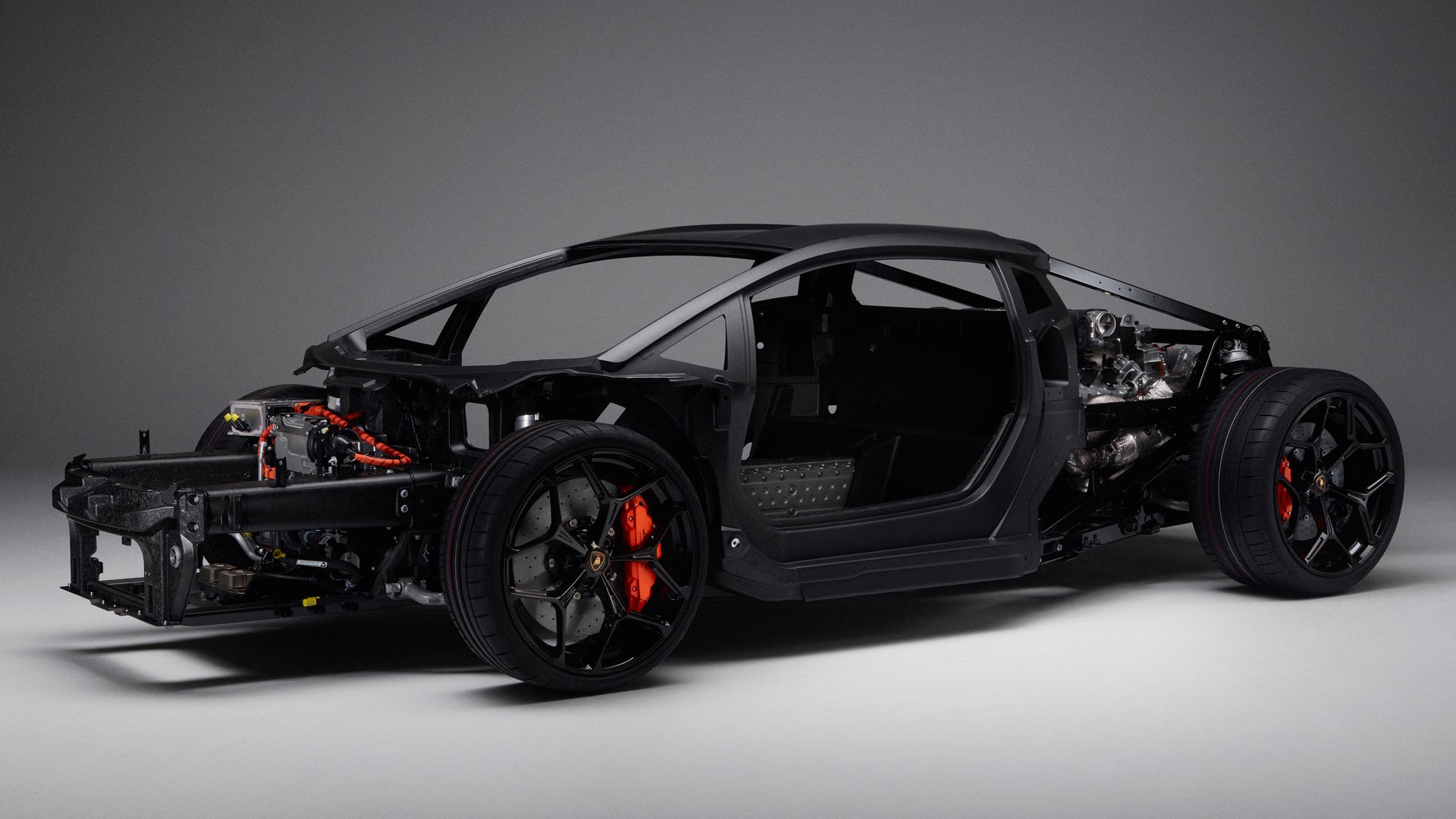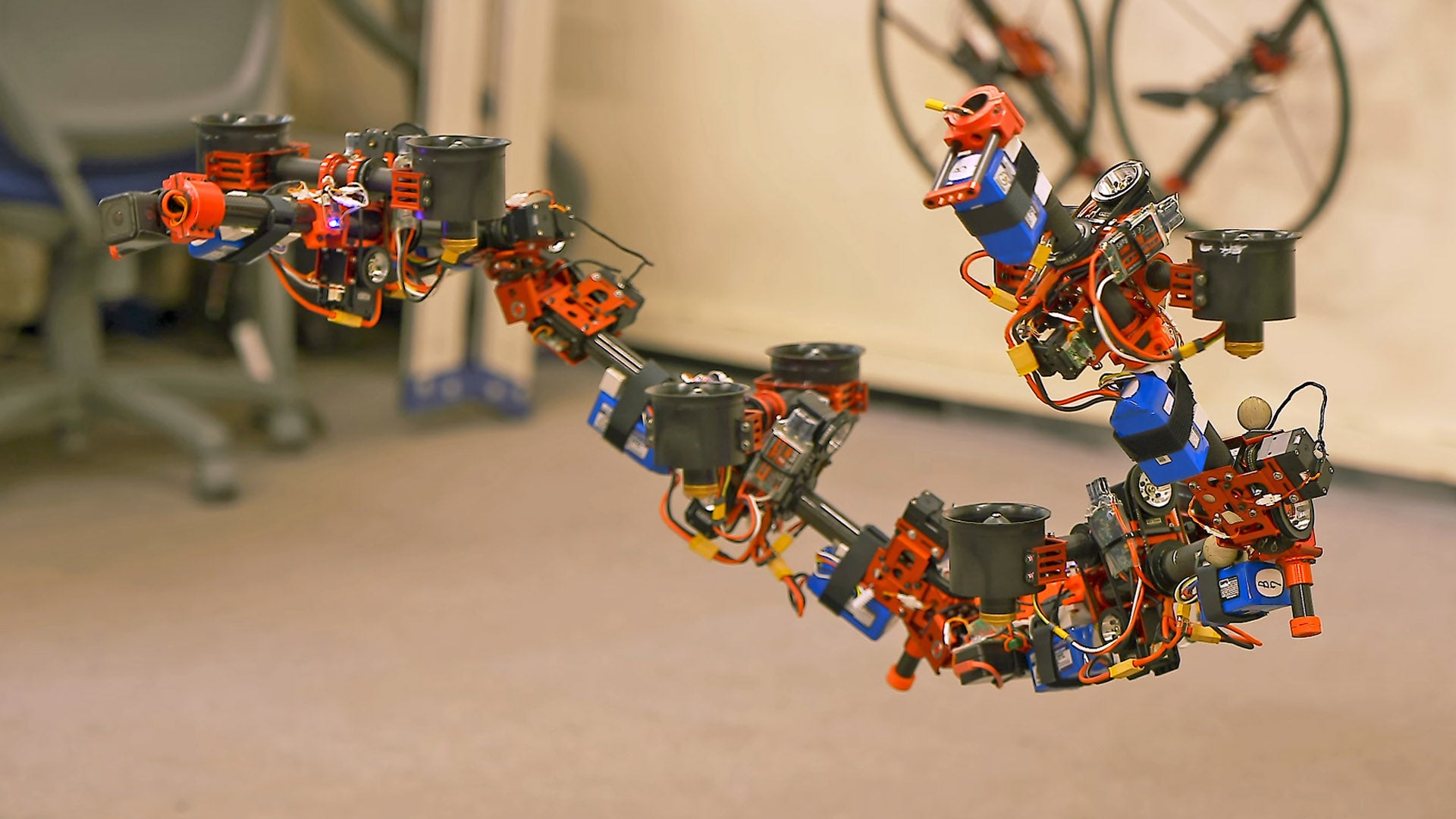Auto manufacturing took a bit of a hiatus this year after automakers closed the doors of their plants across the world in March to help slow the spread of COVID-19. As to be expected, the shutdown was somewhat short-lived and in May, manufacturers slowly began trickling workers back to their stations amid the ongoing pandemic. Now—months later—operations are nearing full steam and workers are beginning to feel the pressure.
Autoworkers across America are reluctantly putting on their masks and heading into work each and every day. A new report by Reuters outlines the auto manufacturing industry as the coronavirus pandemic enters yet another harsh wave in the United States, and shows just how social distancing, masks mandates, and general burnout are affecting the people building our cars.
As expected, the largest complaints auto workers are bringing to the table are the masks they find themselves wearing throughout the entirety of their shifts. While workers typically find themselves wearing protective gear any other day at the plant (including eye coverings, cut-resistant gloves, and steel-toed boots), masks have become a hot-button topic outside of their recent politicization.
United Auto Workers (UAW) President Rory Gamble said in an interview with Reuters that workers who are performing strenuous and laborious tasks all day are affected by the masks, as they inhibit breathing while working. Furthermore, workers complain that it makes it difficult to interpret their coworkers because they cannot read facial expressions
But despite the complaints and political objections, workers are still wearing masks for the protection of themselves and others. And when a mask happens to slip off, a colleague simply has to tap on their own and the point is taken.
While production capacity is ramping up, OEMs are seemingly facing difficulties staffing full-time workers at 100 percent capacity.
According to Reuters, the UAW says Ford has around 2,000 temporary workers currently staffing its Kentucky Truck and Louisville Assembly Plants. Ford reports that it has a combined total of approximately 12,520 employees between the two locations, meaning as much as 16% of workers could be temporarily staffed. This number is padded by increased absenteeism due to infection concerns and the inability to obtain reliable childcare during the pandemic.
Fortunately, Ford's plants haven't had an outbreak large enough to hinder operations, but it's still a concern that the automaker doesn't take lightly.
"We have people testing positive, but it's not affecting operations," said Ford's chief of global manufacturing, Gary Johnson.
Workers with General Motors and Fiat Chrysler have reportedly filed complaints with the Occupational Safety and Health Administration (OSHA) over the handling of COVID-19 precautions at manufacturing facilities. And while the automakers report the unfounded closure of many of these cases, it's still an indication that some workers are burnt out over COVID-19, working conditions, and the inability to do something as simple as taking a lunch break with colleagues.
Meanwhile, the burden lay heavy on the shoulders of automakers who have to balance production output with worker health and safety risks. Corporate collars cut from competing cloths have come together to offer support to one another, share details on policies and safety procedures necessary to stymie an outbreak inside factory walls, and ensure that manufacturers have the production capacity to hold them through until 2021.
The first half of the year was an undeniable disaster with new auto sales, and as the U.S. approaches the time of year where it typically experiences a new-car boom, automakers are doing everything they can to finish out the year strong. Some automakers can weather another wave of COVID-19-related closures, but others may significantly falter.
Got a tip? Send us a note: [email protected]









